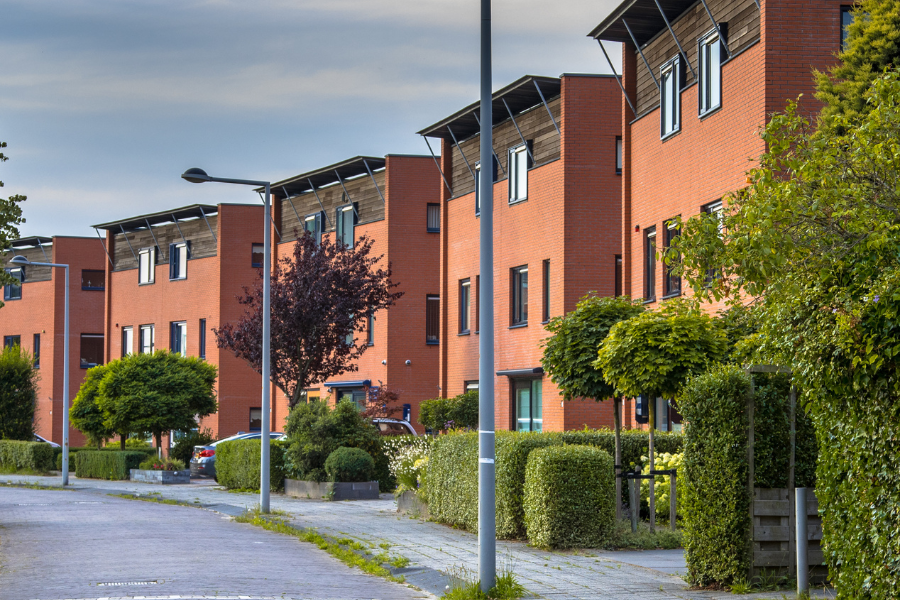Navigating the Challenges of Managing Older Communities

When it comes to managing older apartment communities, you will find it presents unique challenges that require a blend of strategic planning, proactive maintenance, and effective communication.
As a property manager, addressing these issues while also retaining resident satisfaction and property value is important. Here are some key strategies to navigate these challenges more successfully.
Proactive Maintenance and Upgrades
One of the biggest challenges in older apartment communities is the physical condition of the buildings. Aging infrastructure, outdated systems, and simple wear and tear can lead to frequent maintenance issues. To combat this, you need to take a more proactive approach to maintenance.
Regular inspections help identify issues before they escalate. For example, plumbing and electrical systems in older buildings are more prone to failing. Scheduling routine checks on these systems can help prevent major disruptions.
Upgrading essential systems improves the quality of life for residents and enhances the community’s appeal.
Addressing Compliance and Safety Issues
Older buildings often need to meet current safety standards and regulations. Conduct a comprehensive audit to ensure compliance with all building codes, safety regulations, and accessibility standards.
Fire safety systems like alarms, sprinklers, and exits also must be up-to-date and functional. The building should meet the Americans With Disabilities Act (ADA) requirements to accommodate all residents.
Enhancing Resident Communication and Satisfaction
Effective communication is also important when managing older apartment communities. Keep your residents informed about ongoing maintenance activities, potential disruptions, and upcoming upgrades.
You can use multiple channels to do this, including emails, community boards, and newsletters. Be transparent about the challenges and steps you are taking to address the issues. This helps build a sense of community and trust.
Community Building and Amenities
Older apartment communities can benefit when you help develop a stronger sense of community among the residents. Organize events and activities that encourage resident interaction and help build a more positive living environment for everyone. Upgrading common areas and amenities like laundry rooms, gyms, or outdoor spaces can significantly enhance the appeal of your community.
Conclusion
Managing older communities demands a much more proactive approach. By prioritizing maintenance, ensuring compliance, enhancing communication, and fostering a stronger sense of community, property managers can overcome these challenges. These efforts will lead to improved resident satisfaction, higher occupancy rates, and a well-maintained community that retains its value over time.
For more information on all of this and more, contact the experts at Occupancy Solutions, LLC today.













